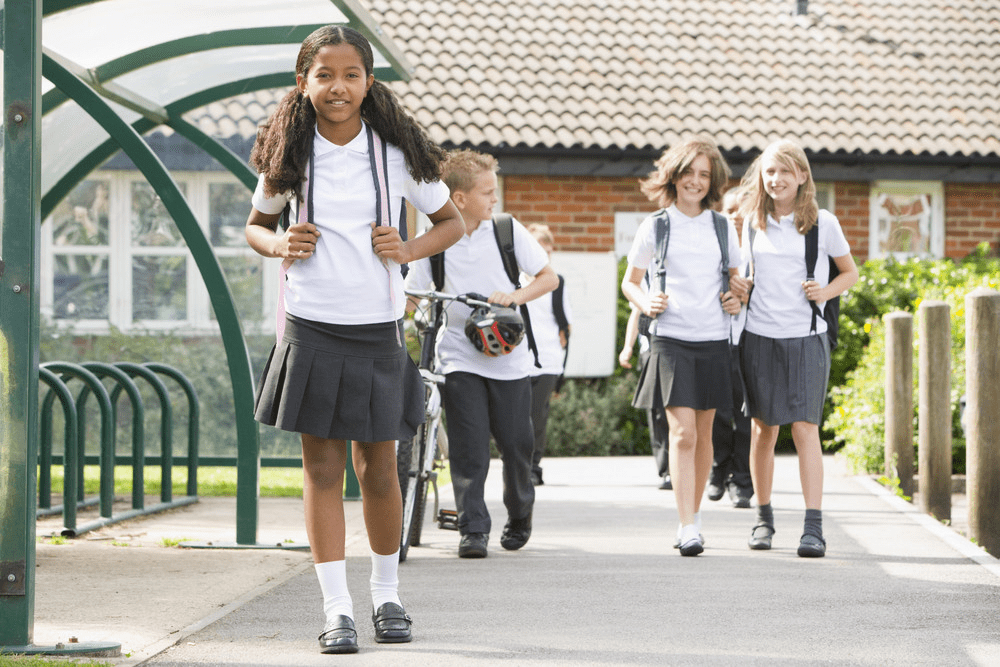Choosing the right educational path for your child is a significant decision that can influence their future in profound ways. One option many families consider is private schooling, which offers unique opportunities and diverse learning environments. This guide will help you assess whether private school is the right fit for your family, focusing on your educational priorities, the benefits of private education, and a comparison with public schooling.

Assessing Your Family’s Educational Priorities and Values
As parents, understanding your family’s values is vital in making the right educational choices for your child. With a large percentage of private school students—80%—attending religiously-affiliated institutions, it’s crucial to consider how these values align with your family’s beliefs and lifestyle. By evaluating what you prioritize, you can determine if private education will complement your family’s vision for their child’s upbringing.
Consider the atmosphere and environment that you believe will be most conducive to your child’s learning. A private school may offer small class sizes and personalized attention, which can cater to a child’s unique learning style. If fostering your child’s spiritual or ethical development is significant to you, exploring schools that align with those values is vital.
Engaging in open discussions with your family about educational aspirations can clarify your priorities. Positive reinforcement from you as parents can encourage your child to express their feelings about the school experience. Evaluating these aspects can significantly guide your decision on whether to pursue private schooling as an option for your family.
Understanding the Unique Benefits of Private School Education
Private schools often provide specialized programs that cater to diverse learning needs and interests. These institutions frequently have access to advanced resources, allowing them to offer enriched curricula that can spark a lifelong love for learning in students. Early childhood development has proven that fine motor skills begin to sharpen around age three, making it crucial for schools to implement engaging, skill-building activities right from the start.
In addition to tailored curricula, many private schools foster a strong sense of community and individuality. This environment often encourages personal growth that can blossom into future leaders. The supportive atmosphere, paired with dedicated teachers, can instill confidence and a strong work ethic in students.
Furthermore, private schools typically emphasize critical thinking and problem-solving skills, preparing students for academic excellence. This is essential in our rapidly changing world, where innovation is key. By integrating these skills into their programs, private schools can provide your child with the tools they need to thrive.
Weighing the Pros and Cons: Private School vs. Public School
When evaluating the options, it’s essential to weigh both the pros and cons of private versus public schooling. According to the Council for American Private Education (CAPE), there are over 30,000 private schools in America, illustrating the widespread availability of private education options. This vast selection allows parents to explore various curricula, teaching philosophies, and campus cultures, often leading to an informed decision that caters to their child’s needs.
Public schools, while providing free education, may not always offer the same level of personalized attention that many private schools do. Each educational environment has its strengths; thus, considering trial experiences or school tours can provide deeper insights. To facilitate your decision-making process, engaging with other parents can also offer diverse perspectives on their education experiences.
The process of choosing a suitable educational environment can be part of the broader parenting journey. By evaluating these aspects and discussing your options, you can foster strong relationships and ensure your child feels supported in their educational journey. Ultimately, the choice between private and public schooling should be made with careful consideration of your family’s values and your child’s individual needs.
Deciding on the right school for your child can be challenging, but with thorough research and open communication, you can find a path that aligns with your family’s values and priorities. Each family is distinct, and there is no single answer to the private versus public school dilemma. Take the time to evaluate all options available, and you’ll be able to make an informed choice that best supports your child’s education.




